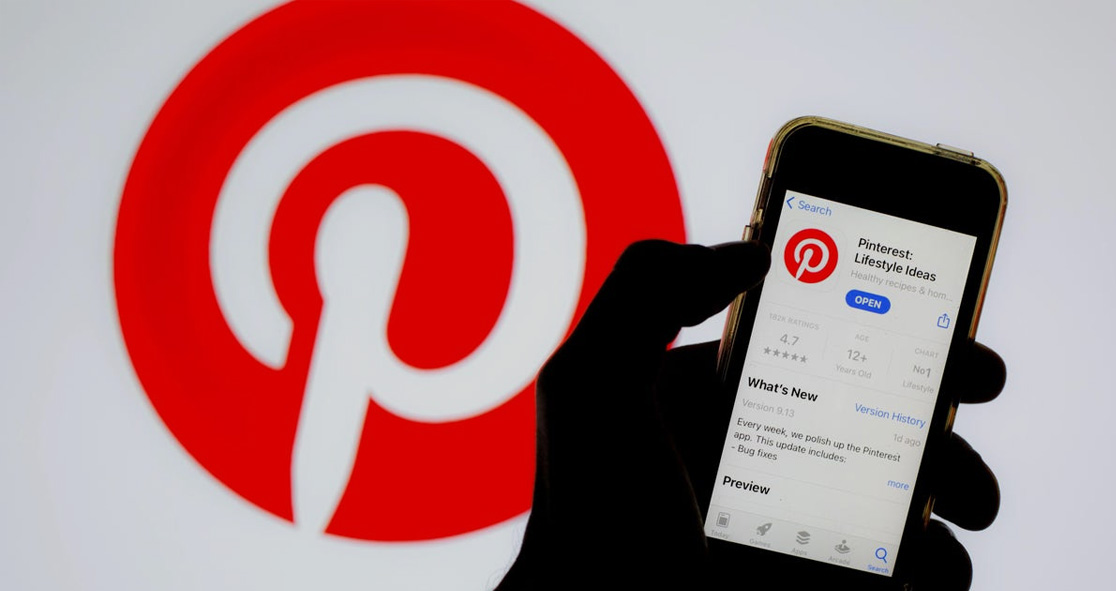On Thursday, Pinterest, an American image sharing and media service, announced that it ban all ads associated with weight-loss language and imagery over concerns about eating disorders from the National Eating Disorders Association (NEDA).
NEDA has been expressing concerns over a rise in unhealthy eating habits and eating disorders among young people since the coronavirus pandemic, according to United Press International (UPI).
Pinterest said in a statement, “Many are now feeling added pressure as they look to rejoin their social circles in person for the first time in 15 months.”
“Pinterest is the place people come for inspiration to create life they love,” the company added. “It’s where everyone belongs, regardless of body shape or size.”
The social media platform also said the move would expand its ad policy against body shaming, promoting body acceptance, and making it “the only major platform to prohibit all weight-loss ads.”
Previously, Pinterest blocked ads that contained weight-loss pills, appetite-suppressant products, and weight-loss procedures like liposuction or fat burning.
The company also barred ads containing body shaming that mocked certain body types and claims regarding unrealistic cosmetic results, per UPI.
Pinterest said it would still allow ads associated with healthy lifestyles and fitness, but they could not emphasize weight loss.
NEDA applauded Pinterest and said it is “the first platform to prohibit all ads with weight-loss language and imagery.”
Elizabeth Thompson Interim CEO of NEDA said, “NEDA is encouraged by this necessary step in prioritizing the mental health and well-being of Pinners, especially those impacted by diet culture, body shaming, and eating disorders.”
“We are hopeful this global policy will encourage other organizations and companies to reflect on potentially harmful ad messages and to establish their own working policies that will create meaningful change,” she added. The story appeared online on UPI.























